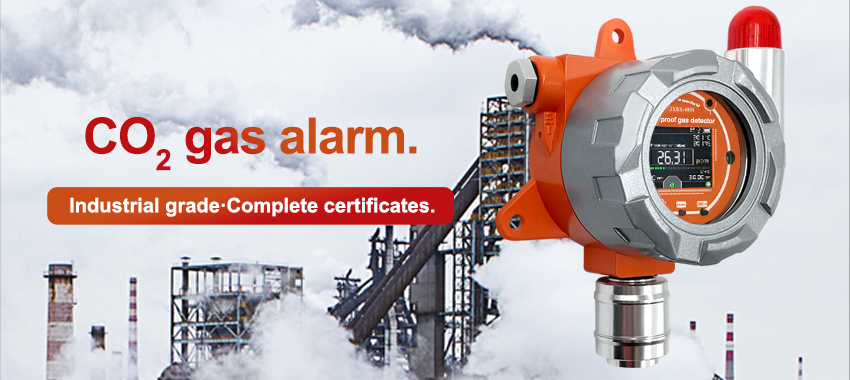Natural gas sensor play a vital role in enhancing safety and efficiency by detecting leaks, preventing accidents, and optimizing gas usage. In this article, we will explore the features and benefits of natural gas sensors and their significance in different settings.

What is natural gas
Natural gas is a valuable energy source used for various purposes, including heating, electricity generation, and cooking. However, the odorless and colorless nature of natural gas poses safety risks, making it crucial to have effective detection systems in place.
The features and benefits of natural gas sensors
Early Leak Detection:
One of the primary functions of natural gas sensor is to detect leaks at an early stage. These sensors are designed to identify even the smallest traces of natural gas in the air. When a leak occurs, the sensor immediately triggers an alert, notifying individuals of the potential hazard. Early detection allows for swift action to be taken, such as shutting off the gas supply, evacuating the area, and contacting emergency services. By promptly detecting leaks, natural gas sensors can prevent fire hazards, explosions, and the harmful effects of gas inhalation.

Continuous Monitoring:
Natural gas sensors provide continuous monitoring of gas levels in an area. They constantly measure the concentration of natural gas present and transmit real-time data to a central system or a monitoring device. This continuous monitoring ensures that even subtle changes in gas levels are detected. If the sensors detect a sudden increase in gas concentration, an alarm is triggered, indicating a potential leak or abnormal gas flow. Continuous monitoring enables quick response times, minimizing the risk of accidents and protecting both property and human lives.
Installation Flexibility:
Natural gas sensor offer installation flexibility, making them suitable for various applications and environments. These sensors come in different forms, including fixed, portable, and wireless options. Fixed sensors are permanently installed in specific locations, such as utility rooms, boiler rooms, or industrial facilities. Portable sensors allow for flexibility, enabling users to carry them to different areas for immediate testing and monitoring. Wireless sensors offer the advantage of easy installation without the need for extensive wiring, making them ideal for retrofitting existing structures or deploying in remote locations.
Integration with Automation Systems:
Natural gas sensors can integrate seamlessly with automation systems, enhancing safety and efficiency in commercial and residential settings. When integrated with building management systems or smart home systems, the sensors can automatically initiate actions based on detected gas levels. For example, the system may shut off gas valves, activate ventilation systems, or send alerts to property owners or facility managers. Integration with automation systems enables quick response times and reduces the reliance on human intervention, leading to enhanced safety and peace of mind.
Energy Optimization:
In addition to safety benefits, natural gas sensors contribute to energy optimization. By continuously monitoring gas usage and detecting leaks or inefficient utilization, these sensors help identify opportunities for improvement. They provide insights into patterns of gas consumption, enabling individuals or organizations to make informed decisions regarding energy-saving measures. With this data, adjustments can be made to optimize gas usage, reduce waste, and lower energy costs. Natural gas sensors play a crucial role in promoting sustainability by ensuring efficient energy utilization and minimizing environmental impact.
Conclusion:
Natural gas sensors play a pivotal role in enhancing safety and efficiency in various settings. With early leak detection, continuous monitoring, installation flexibility, integration with automation systems, and energy optimization capabilities, these sensors provide effective safeguards against the risks associated with natural gas. By investing in reliable natural gas sensors, individuals, businesses, and communities can mitigate potential hazards, protect lives and property, optimize energy usage, and create safer and more sustainable environments.
